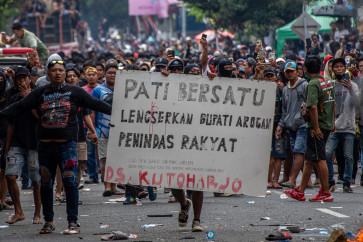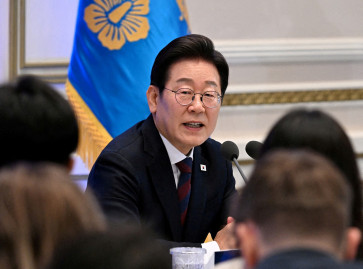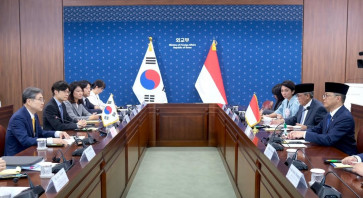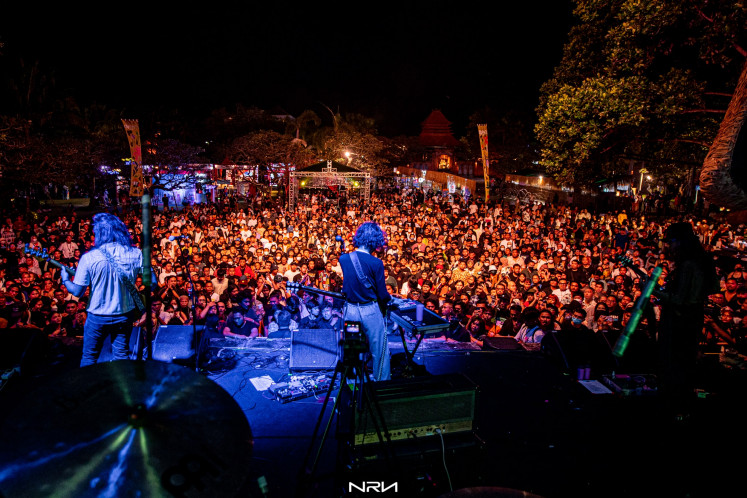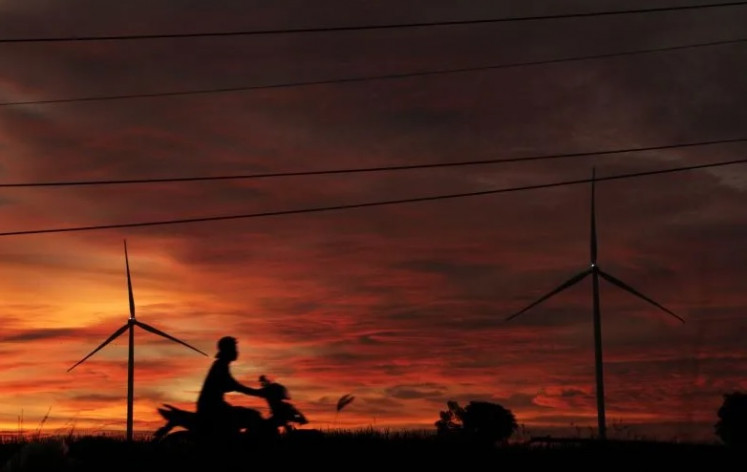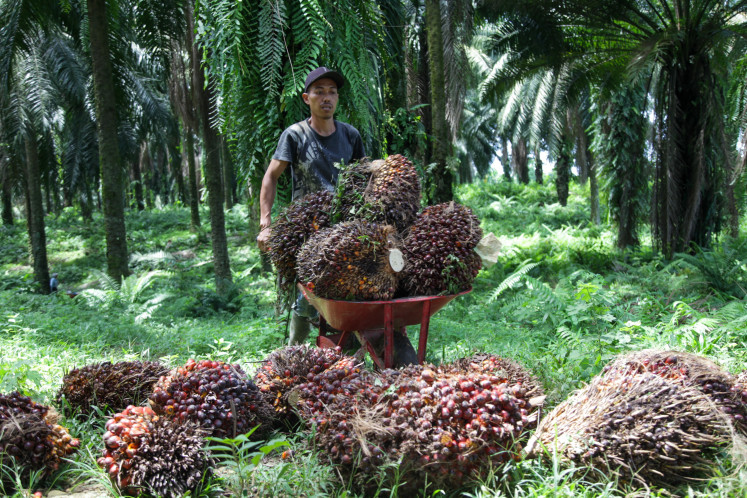Popular Reads
Top Results
Can't find what you're looking for?
View all search resultsPopular Reads
Top Results
Can't find what you're looking for?
View all search resultsOsteoporosis affecting younger people
The Indonesian Osteoporosis Association (Perosi) and the Indonesian Association of Healthy Bone Community (Perwatusi) have warned of the lack of awareness of the danger of osteoporosis among urban residents
Change text size
Gift Premium Articles
to Anyone
T
he Indonesian Osteoporosis Association (Perosi) and the Indonesian Association of Healthy Bone Community (Perwatusi) have warned of the lack of awareness of the danger of osteoporosis among urban residents.
Perosi chairman Nicolaas Budhiparama, who is also an orthopedic doctor, said that although updated data on osteoporosis illness were not available, he had treated younger patients with bone problems. According to Perosi's 2005 data, two out of every five people in Indonesia suffer from osteoporosis.
'Osteoporosis is generally detected in women between the ages of 40 and 45, while for men it is age 50. However, many patients now coming to me are still in their 30s,' he said during a recent celebration of National Osteoporosis Day at the National Monument (Monas) park in Central Jakarta.
Nicolaas said that bone development started at the age of five and reached its peak at 35.
'Therefore, it is important to disseminate information on osteoporosis to teachers and parents, so that preventive action for children can start at an early age,' he said.
Nicolaas revealed Perosi and Perwatusi planned to hold a campaign targeting parents and teachers in order to educate them on the importance of giving their children a proper amount of calcium consumption and engaging them in physical activities.
He described osteoporosis as a silent disease, because it does not have any symptoms. Patients only realize they have the disease when their body becomes shorter or they suffer from an osteoporotic fracture.
The lack of playing spaces for children, coupled with wide access to electronic gadgets and games, mean they engage increasingly rarely in physical activity. Children's exercise is nowadays largely limited to physical education classes and extracurricular clubs at school.
Perwatusi chairwoman Anita Hutagalung said all organizations concerned with osteoporosis, the government and private entities should start to disseminate information on the disease, so that preventive action could be taken as soon as possible.
'We have to start with pregnant women, mothers and teachers to acknowledge the disease,' she said.
Anita said mothers should change the way they raised their children. 'Don't ban them from playing outside just because you're afraid they'll get hurt,' she said.
She added that the trend was for children to engage in passive activity like watching television or playing computer games instead of playing outside.
Anita said her organization would encourage the government to include information on osteoporosis in the curriculum.
'We will hold a seminar for early-education teachers to increase their awareness of osteoporosis,' she said.
Meanwhile, Jakarta Governor Basuki 'Ahok' Tjahaja Purnama said the city administration would build six integrated parks with various facilities like clinics, kindergartens, libraries and gyms in several districts to encourage people to do more outdoor activities.
'The six parks will be built by city-owned firms through the corporate social responsibility (CSR) scheme. They will be finished in March next year,' he said.
Fonterra Brands Indonesia president director Paul Richards, meanwhile, said that Indonesians, especially those who lived in big cities, tended to live a sedentary lifestyle.
'A sedentary lifestyle as well as low consumption of milk trigger osteoporosis,' he said, adding that Indonesia consumed only 11 liters of milk per capita, the lowest in Southeast Asia.


